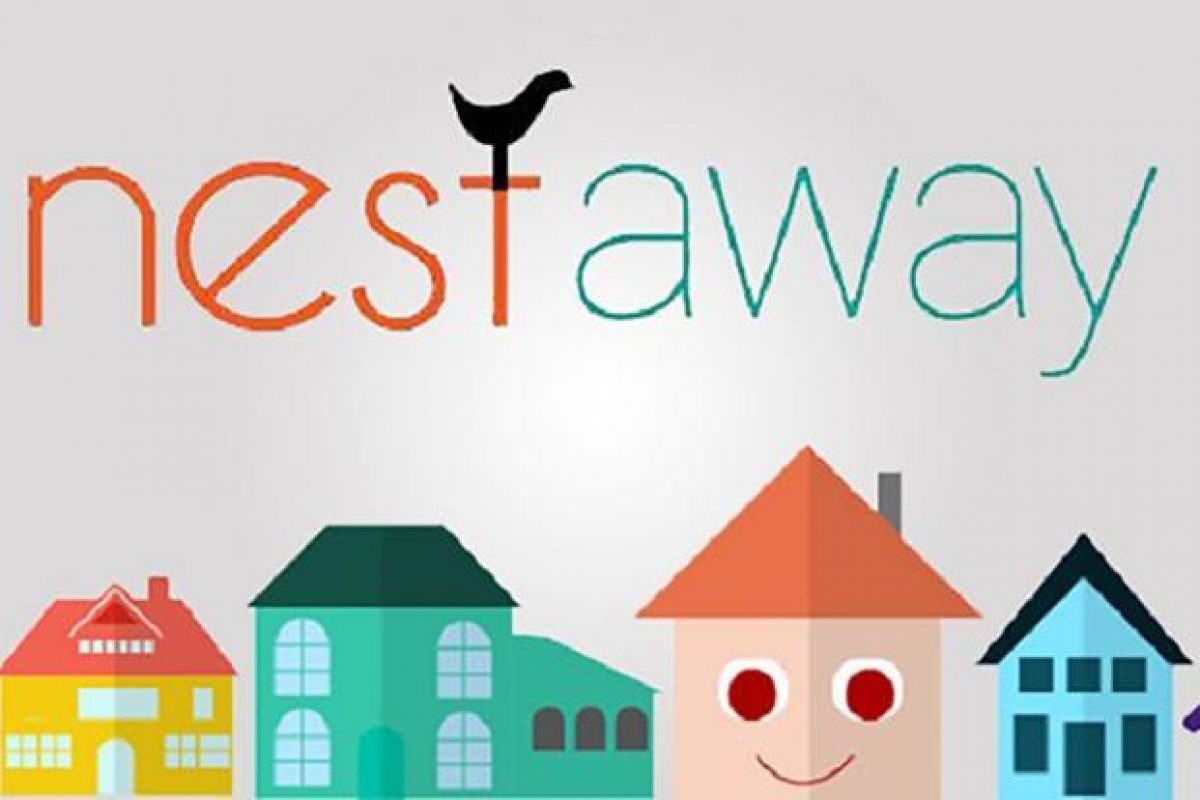NestAway To Be Nested Far Away With Reduced Valuation Cut: Sold For Rs.90 Crore
Tata Reinforced NestAway Sold For Rs.90 Crore At 95% Valuation Cut

The industry is hit with an economic wave that keeps reducing the price of companies in valuation cuts. NestAway, India’s fastest-growing home rental company, supported by the Tata Group, was sold for Rs.90 crore at a 95% valuation cut to Aurum PropTech. Although the current situation for NestAway has marked a steep decline in price for the company, Aurum PropTech would be additionally putting forth Rs.30 crore to help NestAway improve its condition.
NestAway To Nest Away:
NestAway was founded in 2015 and expanded to an innovative platform that received popularity at a faster pace from its consumers. The housing rental company works as a connection between the tenants and available rental properties. With time, NestAway received investment from more excellent companies, including Tata, that supported the platform’s ability to change to the rental housing sector.
However, recent developments have highlighted the challenges the once-promising startup faces. According to sources close to the matter, NestAway struggled to sustain its growth momentum amid intensifying competition and evolving market dynamics. The company faced mounting operational costs, increasing customer acquisition expenses, and regulatory hurdles that impacted its profitability.

Amid these challenges, NestAway’s management decided to pursue a sale to salvage value for its investors. The $90 crore deal represents a significant markdown from the company’s previous valuation, leaving stakeholders surprised and disappointed. The buyer’s identity has not been disclosed at this time.
Industry experts have suggested several factors contributing to the steep valuation cut. Firstly, the emergence of well-funded competitors and the entry of more prominent players in the rental housing segment intensified competition, leading to increased marketing and customer acquisition expenses for NestAway. With the hit of the COVID-19 pandemic on the industrial sector, real estate and housing rental have faced severe challenges and difficulties.
Valuation Cut And Administration Change:
Furthermore, regulatory complexities and evolving compliance requirements in the rental housing sector added to NestAway’s operational burden. Compliance costs and legal hurdles posed significant challenges to the company’s expansion plans and profitability.
While the exact details of the sale remain undisclosed, it is believed that Ratan Tata and other investors played a crucial role in negotiating the deal to ensure some return on their investments. Despite the substantial valuation cut, stakeholders appreciated NestAway’s efforts to secure a sale under challenging circumstances.

NestAway’s sale at such a significant markdown is a stark reminder of the volatility and competitiveness of the startup landscape. It also highlights the importance of continuous adaptation and strong execution in navigating a rapidly evolving market. With the conclusion of this sale, industry observers will closely monitor the future direction of NestAway, and how the company’s new owners will strategize to revitalize its growth trajectory.
NestAway’s sale for Rs.90 crore, representing a 95% valuation cut, has shocked the Indian startup ecosystem. The once-promising rental housing platform, backed by Ratan Tata, faced mounting challenges and intense competition that ultimately necessitated the sale. As the industry reflects on this development, attention will now turn to the new owners and their plans to steer the company toward recovery and sustained success.
Industry Prospects:
The significant devaluation of NestAway raises concerns among investors regarding the potential risks and volatility associated with startup investments. It may lead to a more cautious approach in funding early-stage ventures and reevaluating investment strategies in the rental housing sector. The challenges faced by NestAway, including intense competition and increasing operational costs, highlight the cutthroat nature of the rental housing market.
NestAway’s struggles with compliance and regulatory complexities shed light on the need for startups to navigate the legal framework effectively. Regulatory authorities may also take note and reassess existing regulations to facilitate the growth of innovative platforms while ensuring consumer protection and compliance. The sale of this rental home company at a reduced valuation may trigger consolidation within the rental housing sector. Weaker players may find competing difficult, leading to acquisitions and mergers and a more consolidated market dominated by larger, well-funded companies.

The challenges faced by the company emphasize the importance of continuous innovation and adaptability for startups. It serves as a reminder that staying ahead of the curve, anticipating market changes, and addressing evolving customer needs is critical for long-term success. The sale of NestAway highlights the significance of thorough due diligence by investors before committing capital. Investors may scrutinize startups more carefully, emphasizing their business models, competitive advantages, and ability to navigate challenges within their respective industries.
The struggles faced by NestAway may impact the overall health of the startup ecosystem, potentially leading to a cautious investment climate and a more measured approach to entrepreneurship. Startups may need to demonstrate strong business fundamentals and execution capabilities to attract investment and survive in a competitive landscape.
Proofread & Published By Naveenika Chauhan



